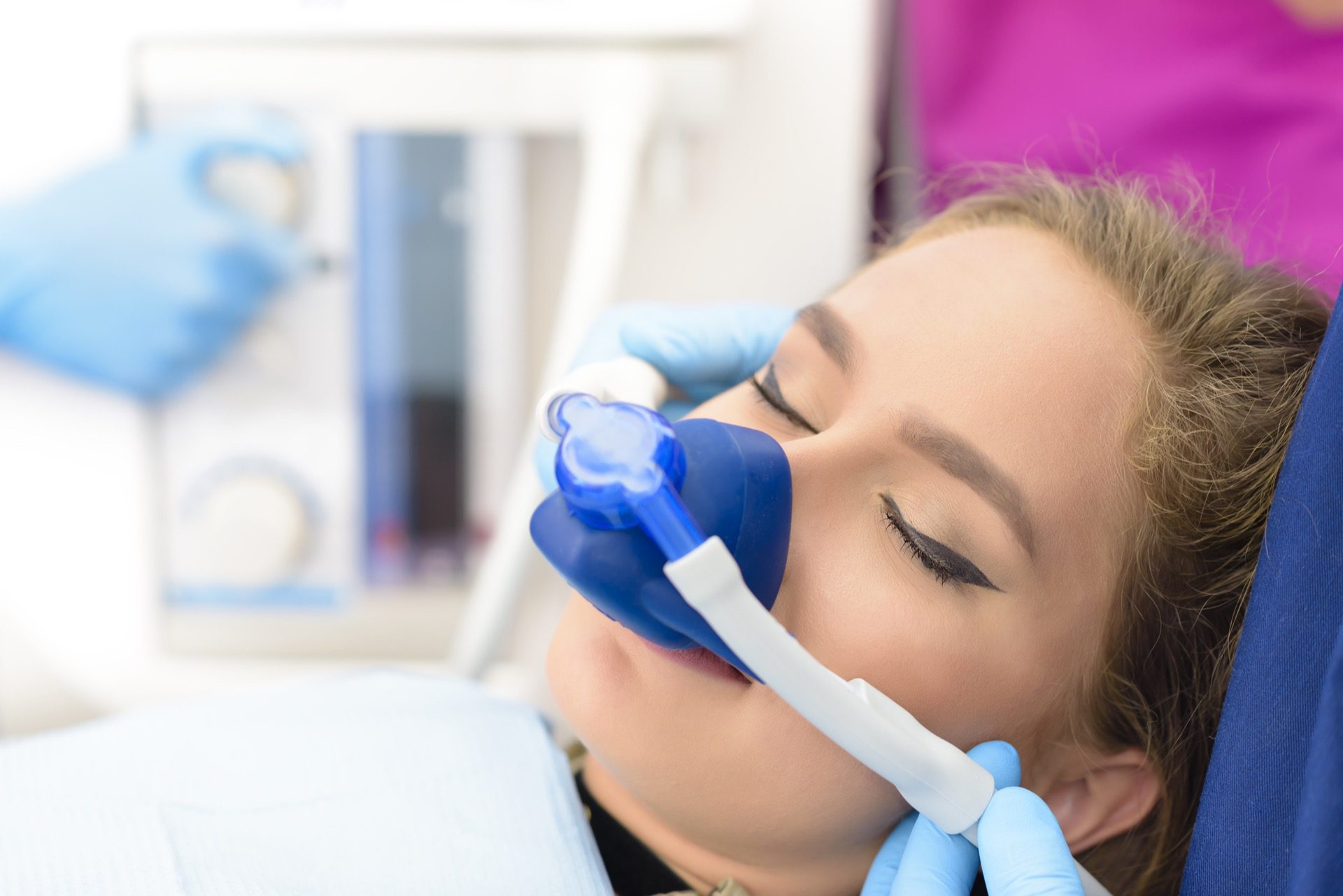Did your dentist just recommend sedation for a tooth extraction? It’s okay, don’t panic. Just like in the medical world, sedation is used for certain dental procedures, as well.
Because some procedures like wisdom teeth removal and root canals tend to be more invasive, sedation is commonly used to make the patient more comfortable.
We explain in more detail what dental sedation is, why it’s used, and some of the main types of sedation below.
What Is Dental Sedation and Why Do I Need Dental Sedation for a Tooth Extraction?
The intent of all types of dental sedation is to prevent pain and help a patient relax during a procedure. Not only does this benefit the patient (since it means they don’t have to feel pain and may not even remember the surgery), it also greatly benefits the dentist.
Patients who are under anesthetic enable dentists to work much more efficiently and effectively. This means that not only are surgeries done faster, but they also are done with greater care and attention so that patients don’t get infections or complications from procedures.
Most Common Forms of Dental Sedation
Dental sedation comes in many forms, but the most common that are used are the types below.
Oral Sedation
Oral sedation is a common choice. Taken in pill form, the effect is very quick and lasts long enough for the procedure. The patient is still conscious, but slightly relaxed during the appointment.
Intravenous (IV) Sedation
Finally, IV sedation is used for usually keeping a patient under deeper sedation. Wisdom teeth removal or tooth extractions may involve this method.
Under this type of anesthetic, sedatives are put into the bloodstream through an IV drip. These sedatives work very quickly and are regularly checked on by a dentist during surgery to ensure patients are safe and sedated properly.
Sedation for tooth removal or other procedures is not something just any dentist can do. Sedation dentistry requires that a dentist is certified to use anesthetic. Used effectively and safely, sedation can be a powerful tool in a dentist’s tool kit to help patients with severe anxiety or more difficult procedures.
Although not offered at Enamel Dental Centre, nitrous oxide (laughing gas) and deep sedation are additional sedation options that can be offered through dental specialists in the Okanagan.


